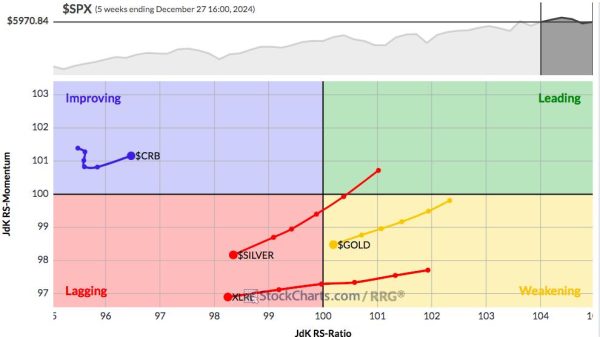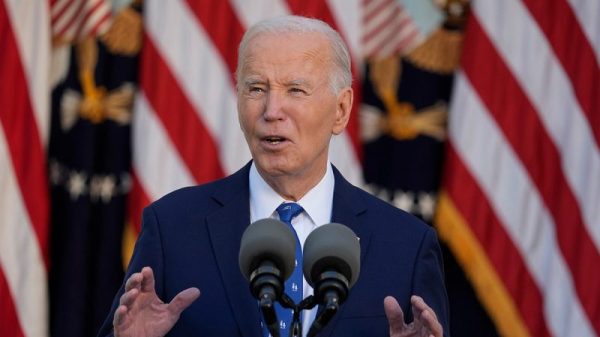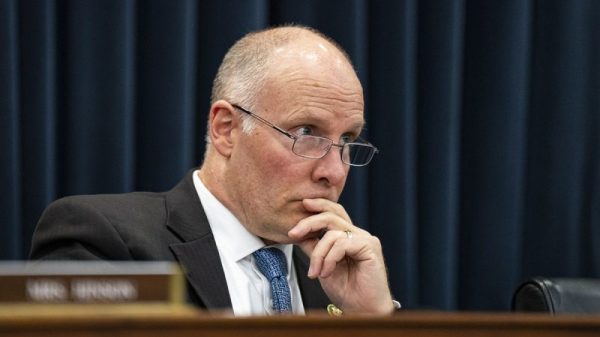Major government contractors are pushing the costs of rising national insurance (NI) and higher wage bills back onto the Treasury, prompting concerns over the ultimate burden on taxpayers.
Cleaning and facilities management groups such as Churchill Group and Mitie, together with construction giant Mace, are among those negotiating with Whitehall to pass on the financial impact of April’s employment-related tax increases.
From next spring, employers’ NI contributions climb from 13.8% to 15% and the national living wage rises from £11.44 to £12.21 an hour. While private-sector providers with commercial clients face trimming their workforce or making other cost savings, leading outsourcers serving the public sector are securing higher contract rates instead. Many already have contract clauses allowing price reviews if “legislative increases” in labour costs occur, while others are renegotiating to protect narrow margins.
Churchill Group, which cleans railway carriages for train companies under Department for Transport oversight, has confirmed it is raising rates to offset wage and NI rises. Mitie expects to recoup 60% of its additional NIC bill—about £35 million—through similar pass-through clauses. Mace will open discussions with government departments to recover costs for building and infrastructure projects, including hospitals.
Government sources say they have little choice but to pay up rather than cut back on public services. Some fear a wave of cost increases across outsourced contracts next year, especially as the Treasury’s own analysis suggests the NI changes will also swell operating costs for major retailers such as Tesco and Amazon by billions of pounds.
Business lobbying groups, including the British Retail Consortium, have warned that the “sheer scale” of extra labour costs may force private-sector employers to shed jobs. Yet Paul Nowak, general secretary of the Trades Union Congress, says companies’ criticisms “should be taken with a pinch of salt.” The Treasury insists its budget will deliver economic stability, extending targeted business rate relief for hospitality, retail and leisure, and introducing a lower permanent rate from 2026.
Read more:
Public sector suppliers shift NI and wage hikes onto the taxpayer





























